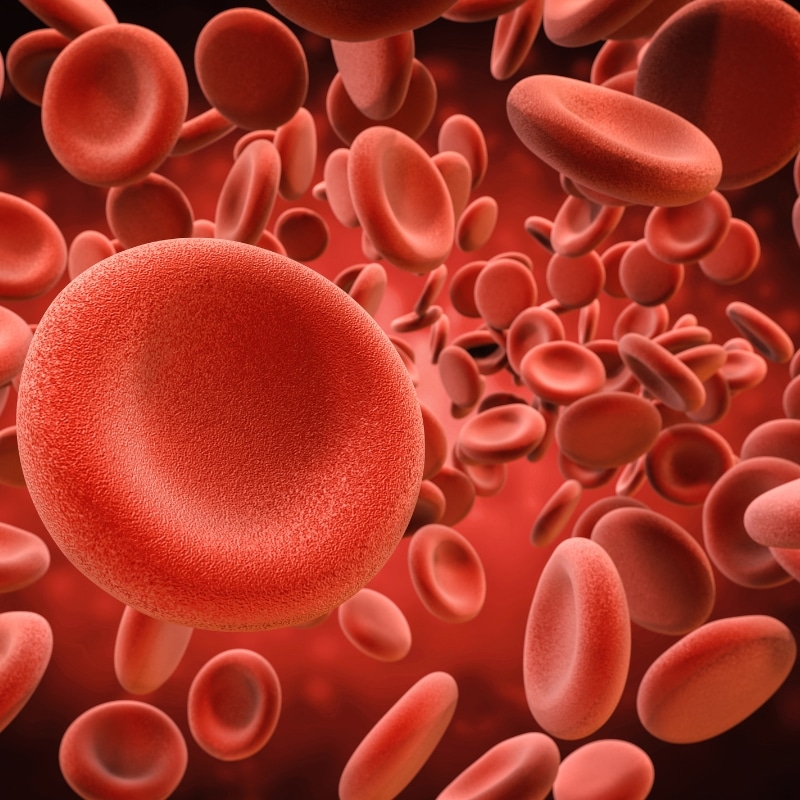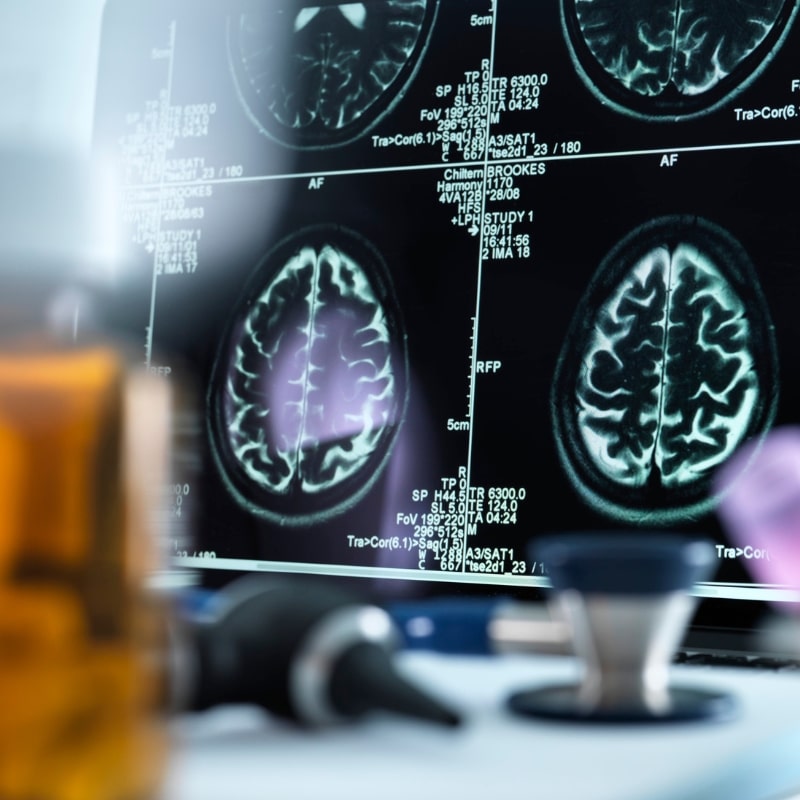If you have ever struggled with depression or know someone who has, you probably understand how frustrating it can be to wait for treatment to work. Antidepressants are supposed to help. However, they take time, sometimes weeks or even months. And even when they work, it is not always for everyone. Many people try multiple medications, different types of therapy, and even more extreme treatments like electroconvulsive therapy (ECT), only to find that their symptoms never fully go away.
If you have been diagnosed with treatment-resistant depression, the search for relief can feel endless. Worse, some individuals face suicidal thoughts and cannot afford to wait weeks for a medication to kick in.
Doctors have spent decades looking for something faster. The interesting thing is that the answer was sitting in front of them the whole time in a drug originally designed as an anesthetic.
A Discovery No One Expected
Ketamine has been around for a long time. It was first introduced in the 1960s as an anesthetic and has been used in surgical settings, emergency rooms, and even on battlefields. However, no one really saw it as a potential antidepressant.
In the late 1990s, Dr. Dennis Charney and Dr. John Krystal started looking at depression differently. Most antidepressants focus on serotonin and norepinephrine, but Charney and Krystal thought another system might be involved. This was glutamate, the brain’s most abundant neurotransmitter.
To test their theory, they gave a small group of seven patients with severe depression a low dose of ketamine. Instead of waiting weeks for relief, these patients felt significantly better within hours. This was unheard of.
However, when they published their study in 2000, almost no one believed them. The idea that an anesthetic could treat depression sounded ridiculous to most doctors. The study was small, and the medical community largely ignored it.
From Skepticism to FDA Approval
Despite the early doubts, Charney refused to give up. When he later joined the National Institute of Mental Health (NIMH), he and other researchers continued testing ketamine on people with treatment-resistant depression. More studies followed, and time and time again, the results showed the same thing: Ketamine worked, and it worked fast.
The key seemed to be brain-derived neurotrophic factor (BDNF). This protein helps the brain form new connections. Ketamine boosts BDNF production, which may explain why it helps people feel better so quickly. Essentially, it rewires the brain and allows it to recover from depression in a way that traditional antidepressants cannot.
As more research poured in, skepticism started to fade. Pharmaceutical company Janssen developed Spravato, a nasal spray version of ketamine. After years of clinical trials, the FDA approved it in 2019 for treatment-resistant depression.
How Ketamine Is Changing Depression Treatment
For people with depression that does not respond to traditional treatments, ketamine has become a huge relief. Compared to SSRIs or other medications, it does not take weeks to work. Many patients experience improvements within a few hours or days, making it one of the fastest-acting antidepressants available.
Hospitals and clinics around the country now use ketamine for people who have tried everything else. Many of these patients have bounced between different medications, gone through therapy, and even tried ECT, all with little to no relief.
A study led by Dr. Amit Anand compared ketamine to electroconvulsive therapy (ECT), which is often considered the last-resort treatment for depression. The study found that 55% of patients who received ketamine experienced at least a 50% reduction in symptoms, compared to 41% of those who received ECT.
Different Ways to Take Ketamine
If you are considering ketamine treatment, you might be wondering how it is administered. There are several ways doctors prescribe ketamine, each with its own pros and cons:
- IV Infusions: The most common method, where ketamine is administered directly into the bloodstream under medical supervision.
- Nasal Spray (Spravato): The FDA-approved version, taken in a doctor’s office.
- Sublingual Tablets (Under-the-Tongue Microdosing): A lower-dose option some doctors prescribe for daily use.
Each method works a little differently, and not everyone responds to ketamine the same way. You should be carefully evaluated by a medical professional to determine if ketamine is a good option.
The Risks and Concerns
As promising as ketamine is, it is not perfect. Like any medication, it comes with risks. One of the biggest concerns is addiction. While ketamine is not as addictive as opioids, long-term use at high doses can lead to dependency.
There is also growing concern about unregulated ketamine clinics. Since ketamine treatments became more mainstream, many private clinics have started offering infusions. The problem is that they offer these services without the same level of oversight as hospitals or research institutions. Some of these clinics operate in a legal gray area, which raises questions about safety, ethical practices, and long-term effects.
Another major challenge is accessibility. Many insurance companies do not cover ketamine treatments, leaving patients to pay out of pocket. For many people, ketamine is not an option, not because it would not work, but because they cannot afford it.
What the Future Looks Like
Even with these challenges, ketamine has changed the way we think about depression treatment. Researchers are now looking at whether ketamine can help with PTSD, anxiety, and even certain cognitive disorders. Some studies suggest that long-term ketamine use could help repair damaged neural pathways, leading to lasting improvements in mental health.
At the same time, experts are working to make ketamine treatment more accessible and regulated so that more people can benefit without the risks of misuse. While we still have a lot to learn, one thing is clear: Ketamine has already made a major impact on mental health care.
Take the Next Step Toward Mental Wellness
Ketamine therapy has given hope to thousands of people who thought they had run out of options. If you are struggling with treatment-resistant depression, it may be time to explore new possibilities.
At Zeam Health & Wellness, we offer cutting-edge mental health services in Folsom, Roseville, and Sacramento. Our team is committed to helping you find the best treatment for your needs. If you want to learn more about ketamine therapy or other mental health solutions, reach out to us today.




